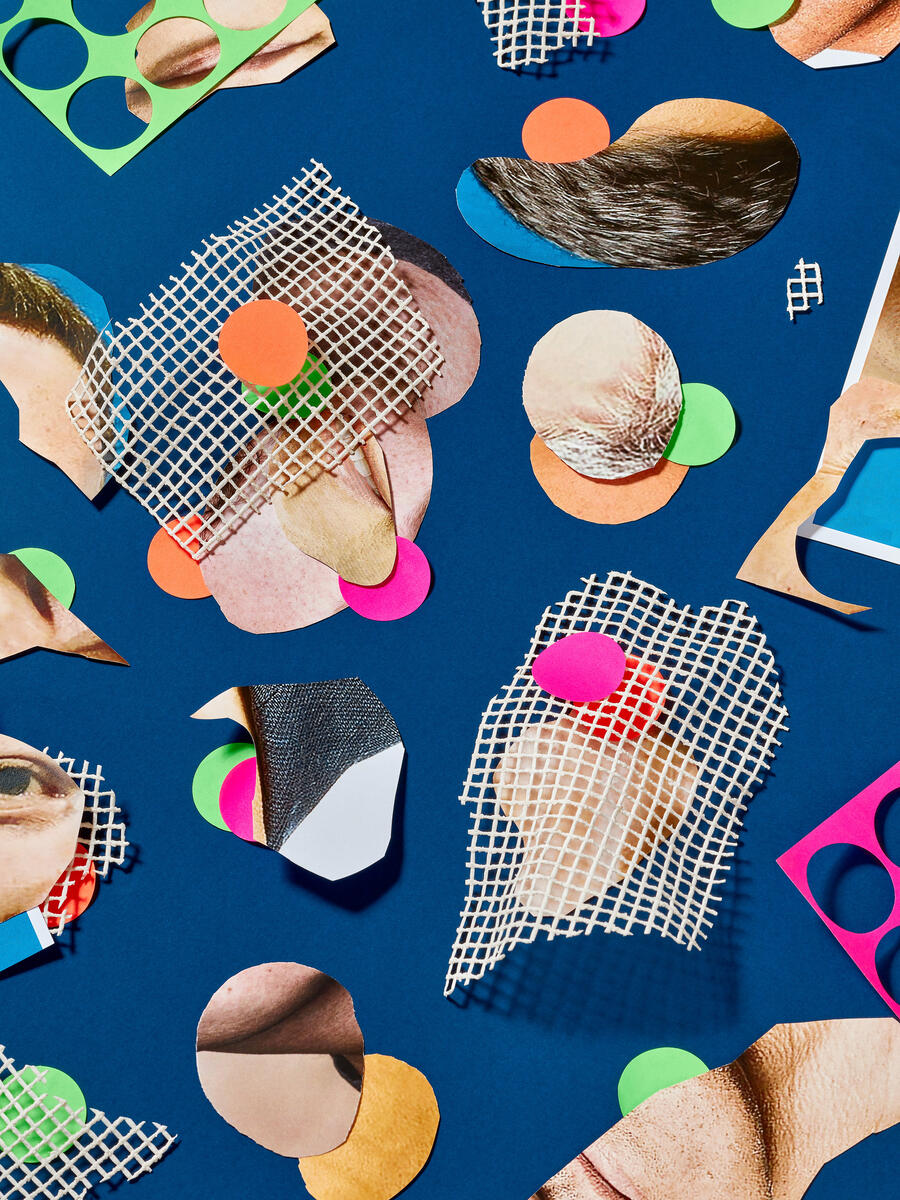- 1/1
© Dávid Biró, Do You Accept Cookies? #05, 2020.
It is beyond doubt, that the time has come for us to start dealing with our personal data much more carefully. Although we can decide to delete our profile from social media platforms, and not to accept cookies on websites, we cannot just simply log out from the face recognition system of public spaces.
- 1/1
© Dávid Biró, Do You Accept Cookies? #07, 2020.
Dávid Biró created face-imitating installations to experiment on what the human eye recognizes as a face, and what appears to be a face according to the algorithm of mobile cameras. Biró attempts to detect the blind spots of the technology of face recognition and to elude the system using various hacks. Meanwhile, he takes the ethical issue of observation and being the one who is observed into the discussion, which is unquestionably one of the most important dilemmas of our time.
- 1/1
© Dávid Biró, Do You Accept Cookies? #02, 2020.
Read Dávid Biró's project description
Do You Accept Cookies?
There are only a few things, which we can consider so exclusively our own as our faces. One of the most basic elements of our identity is our most intimate, yet most public part. We barely ever cover this surface of our body, not even in public space, and in some countries, it is considered to be a crime to cover one’s face in particular spaces. Therefore it seems like it is our duty, to always be identifiable when we enter somewhere. But how far this duty of identification extends, and where does the monitoring of people change into illegal and authoritarian surveillance?
It is beyond doubt, that the time has come for us to start dealing with our personal data much more carefully. Although we can decide to delete our profile from social media platforms, and not to accept cookies on websites, we can not just simply log out from the face recognition system of public spaces.
Dávid Biró created face-imitating installations, in order to experiment on what the human eye recognises as a face, and what appears to be a face according to the algorithm of mobile cameras as well. Biró attempts to detect the blind spots of the technology of face recognition and to elude the system using various hacks. Meanwhile, he takes the ethical issue of observation and being the one who is observed into the discussion, which is unquestionably one of the most important dilemmas of our time.


